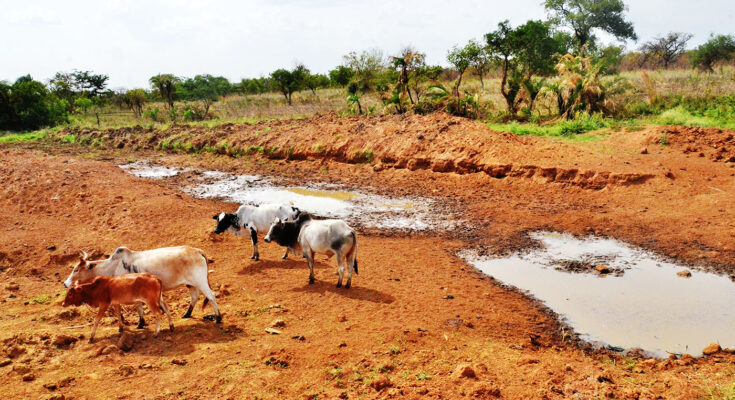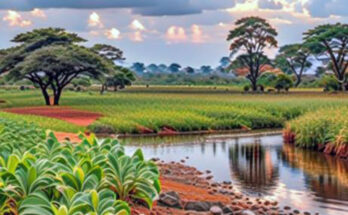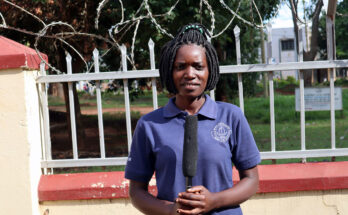Background
For years, northern Uganda has been a battlefield for communities scrambling for its natural resources. Located along the ‘shea belt’, the region is a hub for commercial charcoal production and illegal logging, supplying even neighbouring nations like Kenya. These activities also threaten the region’s fragile ecosystem despite clear and irrefutable evidence linking environmental destruction to climate change. Districts like Agago and Pader, for instance, have lost an estimated 93 hectares of tree cover since 2021 while Uganda, as a country, has lost 122,000 hectares of forest cover annually over the last three decades, according to the Ministry of Water and Environment. As a result, many environmental movements and vigilante groups have waged a war against illegal charcoal dealers while resilient farming communities –that rely primarily on rainfall to grow crops – are battling climate shocks, often characterized by sizzling temperatures and unpredictable rainfall.
Further up north, along the Uganda – South Sudan border, tribal clashes continue to emerge over land as Uganda’s legislators plead with the government to make clear demarcation of all the contested border areas to curb the conflicts, reports show. In the north-eastern Karamoja sub-region, the Karamojong pastoralists are forced to trek long distances to search for water and pasture for their animals due to the harsh weather conditions and shrinking grazing lands. These pastoral movements have triggered inter-communal violence with the neighbouring communities over natural resources, and in most cases, this has led to displacements, and loss of lives and properties as the new report by Minority Rights Group International (MRG) found.
It is against this background that NUMEC, with support from the American Jewish World Service (AJWS), invites proposals for grant reporting on projects focused on natural resource stories unfolding in rural communities in Northern Uganda. The purpose of this reporting grant is to provide financial support to professional journalists in order to allow them to report on important topics that they may not otherwise be able to cover.
Who is eligible?
We want to support journalists working on new ideas that promote public-interest journalism, particularly in northern Uganda. Specifically, we are looking for solutions-based stories that can improve public dialogue and civic participation in rural communities. Applicants should explore linkages between their topics and climate justice and how these issues impact food security, smallholder farmers and rural economies. Proposals can focus on the following areas:
- Cross-border conflicts fueled by competition for natural resources
- Cattle rustling
- Conservation
- Food security
- Oil & Gas
- Land disputes
Selection Criteria
- Individual is based in Northern Uganda and is a paid-up member of NUMEC
- Ideas serving disadvantaged social groups, and/or under-represented communities
- Stories covering Acholi, Lango & West Nile sub-regions
- Unique idea, building on a thorough understanding of the local/regional landscape
- Solutions-based journalism
How to Apply
Applicants must complete the form below. A budget should be emailed separately using NUMEC’s grant proposal budget template. Download the budget template: NUMEC Grants Budget Template
DEADLINE is 5 PM on Friday 9 June 2023. Only successful applicants will be contacted.




